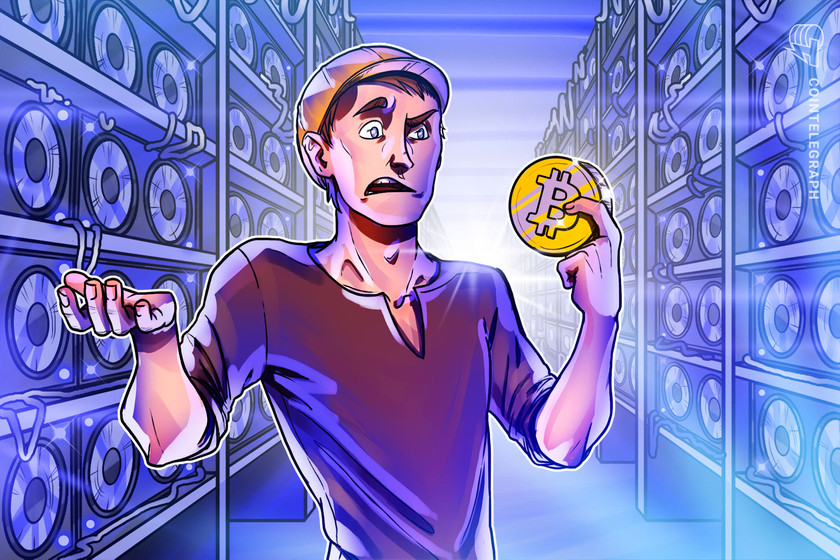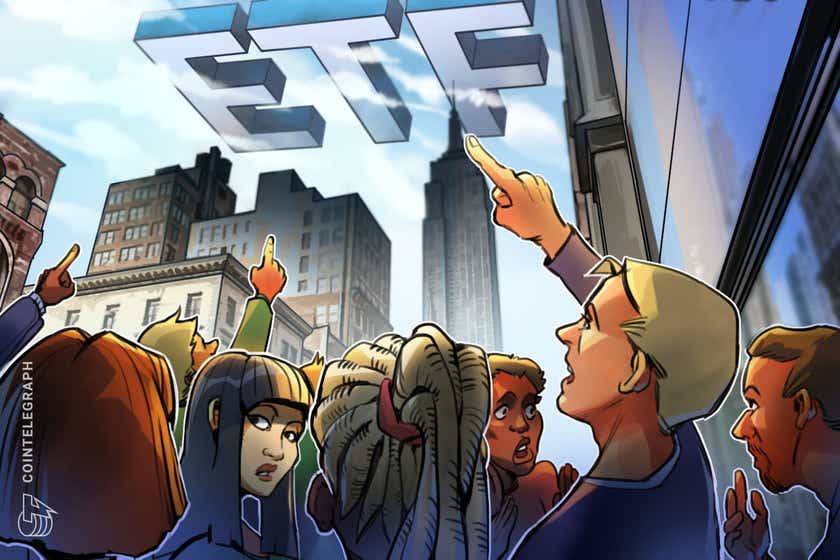Decentralized Energy is Key to a DeFi Future
Decentralized finance should include decentralized energy as it uses DApps and blockchain and has the same logic, says Lition.
1131 Total views
20 Total shares

Decentralized Energy (DeEn) leverage DApps and smart contracts on Ethereum to conduct transactions and trade energy assets. In a paper released July 31, Lition, a Berlin-based sustainable tech startup that has launched a blockchain-based marketplace allowing consumers to choose between multiple energy providers, DeEn has the same “structure, advantages, and logic” as DeFi, or Decentralized Finance.
DeFi should include DeEn
Similar to DeFi where trades of digital assets are peer to peer, DeEn allows consumers to know exactly where their energy is coming from, Lition said. It empowers consumers to choose where their electricity comes from and change it quickly and securely. The company used its decentralized marketplace as an example saying:
“Lition’s very own Energy Exchange — a peer to peer (P2P) energy trading platform that is open and direct to consumers. Using smart contracts and blockchain technology, unnecessary middlemen are eliminated; this allows for affordable green energy, producers earning higher yields, and the promotion of sustainable energy.”
Lition believes energy sharing has long been overly centralized so consumers often cannot choose to leave the current energy marketplace. Although DeFi has been transforming how people trade assets in the financial market, achieving a true decentralized vision and decentralized energy should also be part of it. Lition added that:
“As the DeFi “machine” continues to grow, the system itself requires more and more energy to run and maintain. The source of that energy is currently unclear. The DeFi space requires DeEn to detach itself from state/corporate-owned energy dependencies and become truly decentralized.”
According to the post, a new sustainable global is the future. The EU has set a carbon-neutral goal for 2050 and put solar and wind technology at the forefront of the transition.
As Cointelegraph previously reported, with Germany shutting down all nuclear and coal-based energy production, blockchain is underpinning many renewable energy platforms.









